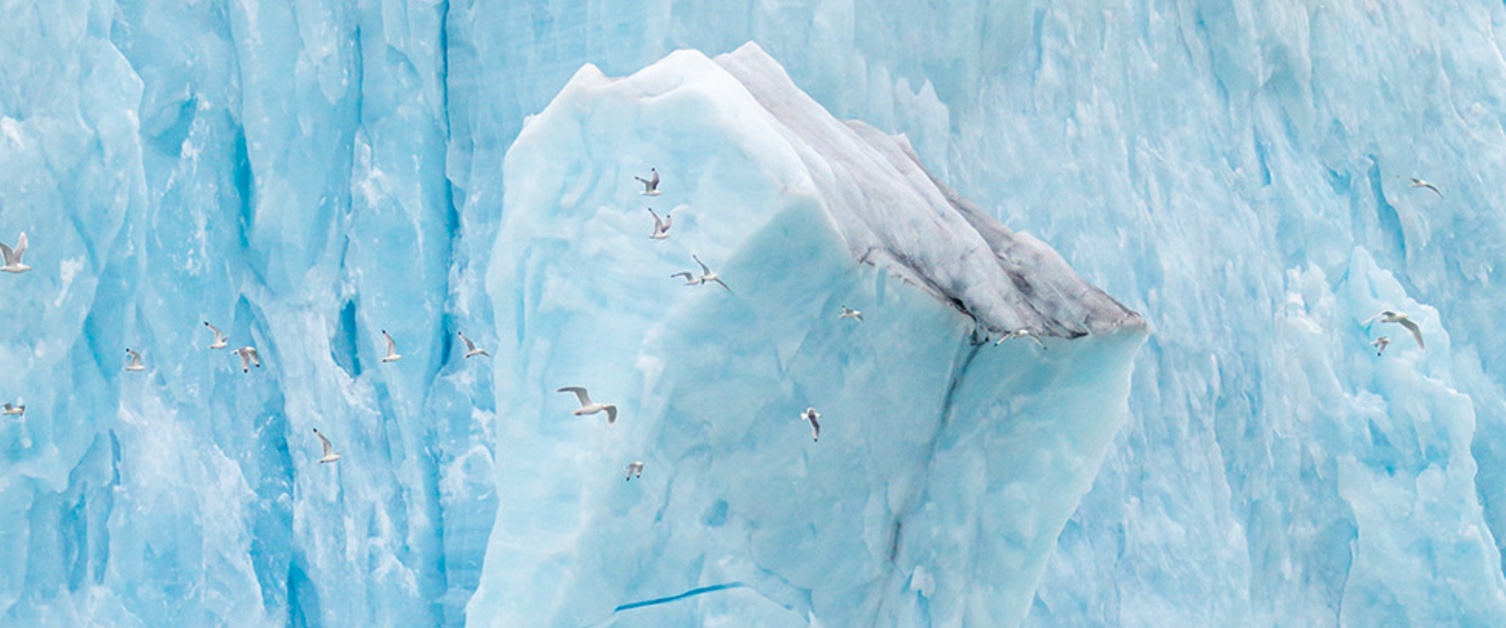The Melt That Changed The World
- By AMS Staff
- Feb 8, 2024
~8,000 years ago — The melting of a Canadian ice sheet appears to have triggered a major change in Earth’s climate, according to a study in Quaternary Science Advances. The impacts of the event included significant cooling in northern Europe and the North Atlantic, as well as changes in rainfall patterns across the globe. The changes stemmed from an introduction of freshwater into the seas of the North Atlantic, which caused significant changes in the Atlantic Meridional Overturning Circulation (AMOC) and in turn influenced the climate. It was previously believed that the huge Lake Agassiz-Ojibway in what is now northern Ontario had drained into the ocean and caused the AMOC changes. In the new study, researchers examined microfossils and sediment in samples taken from the Ythan Estuary in Scotland to better understand sea levels more than 8,000 years ago. They discovered that sea levels rose by as much as 13 millimeters per year, with maximum levels exceeding 2 meters in some regional locations. According to the study, Lake Agassiz-Ojibway was not large enough to account for such extreme sea level rise, and instead suggests that the melting of the Hudson Bay Ice Saddle, which covered much of eastern Canada and the northeastern United States, was the main source of the meltwater that inundated the North Atlantic and disrupted the AMOC. As a result, temperatures in Europe and the North Atlantic cooled by 1.5°–5°C, persisting for about 200 years, while other parts of the world experienced above-normal temperatures. Additionally, rainfall levels decreased in parts of Africa, causing extensive drought, while increasing in Europe. The researchers believe the findings may improve understanding of how melting ice sheets in Greenland could affect Earth’s climate. “We know that the AMOC is currently slowing down and, although still debated, some forecasts indicate it could shut down altogether,” notes lead author Graham Rush of the University of Leeds and Leeds Beckett University. “However, by looking at past events we can learn more about what causes these changes and their likelihood. We have shown that rapid ice sheet retreat, which may occur in Greenland depending on the path of future fossil fuel emissions, can cause a range of significant climatic effects that would have very worrying consequences.” [Source: Science Magazine]
Photo credit: iStock.com/Wayne Marinovich
